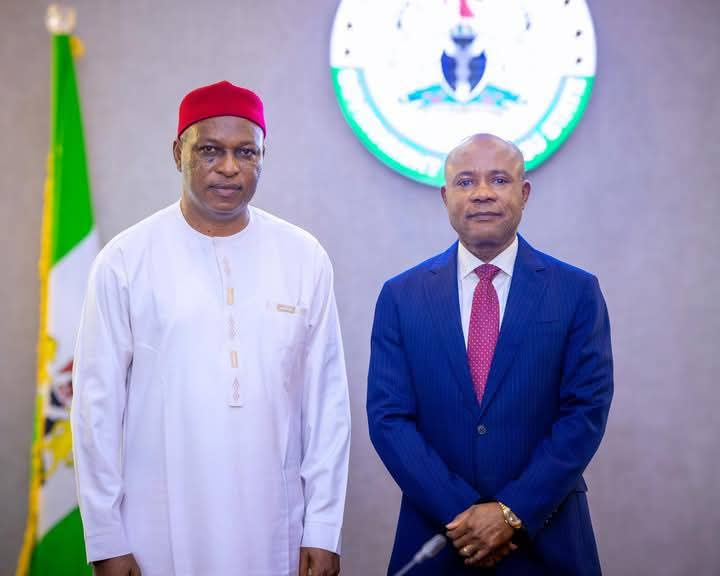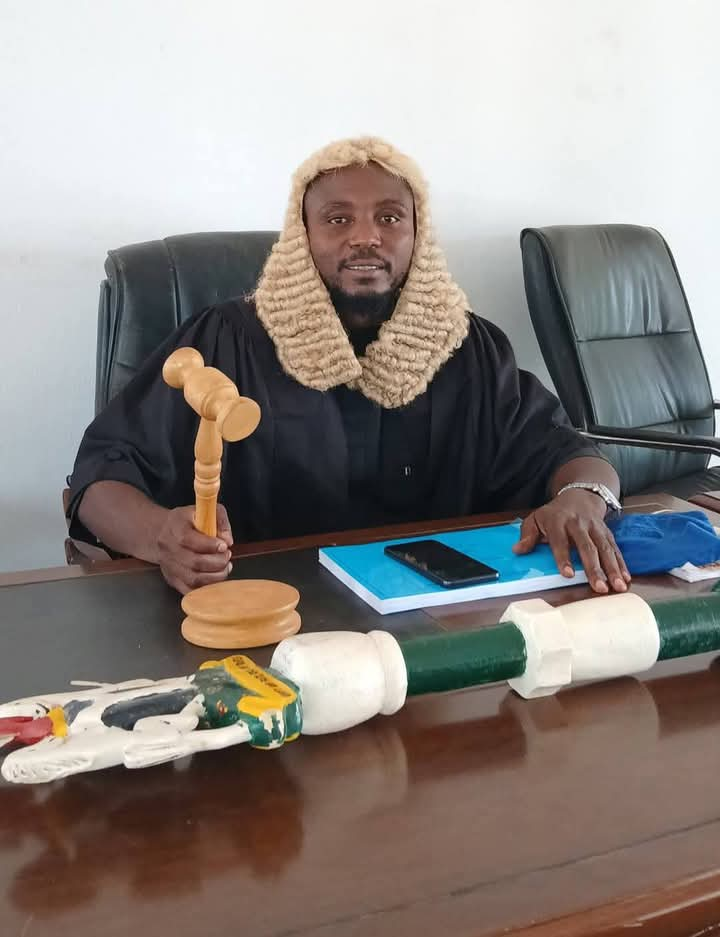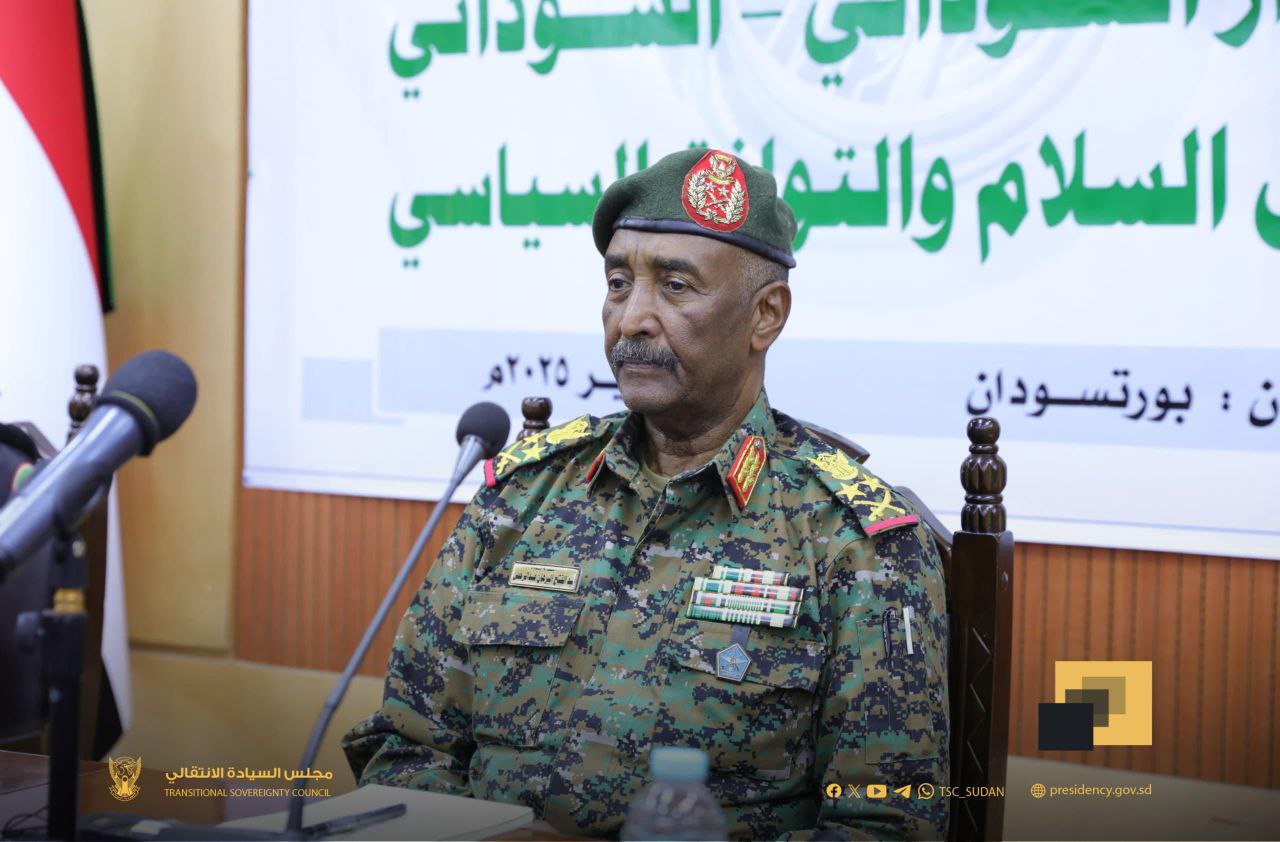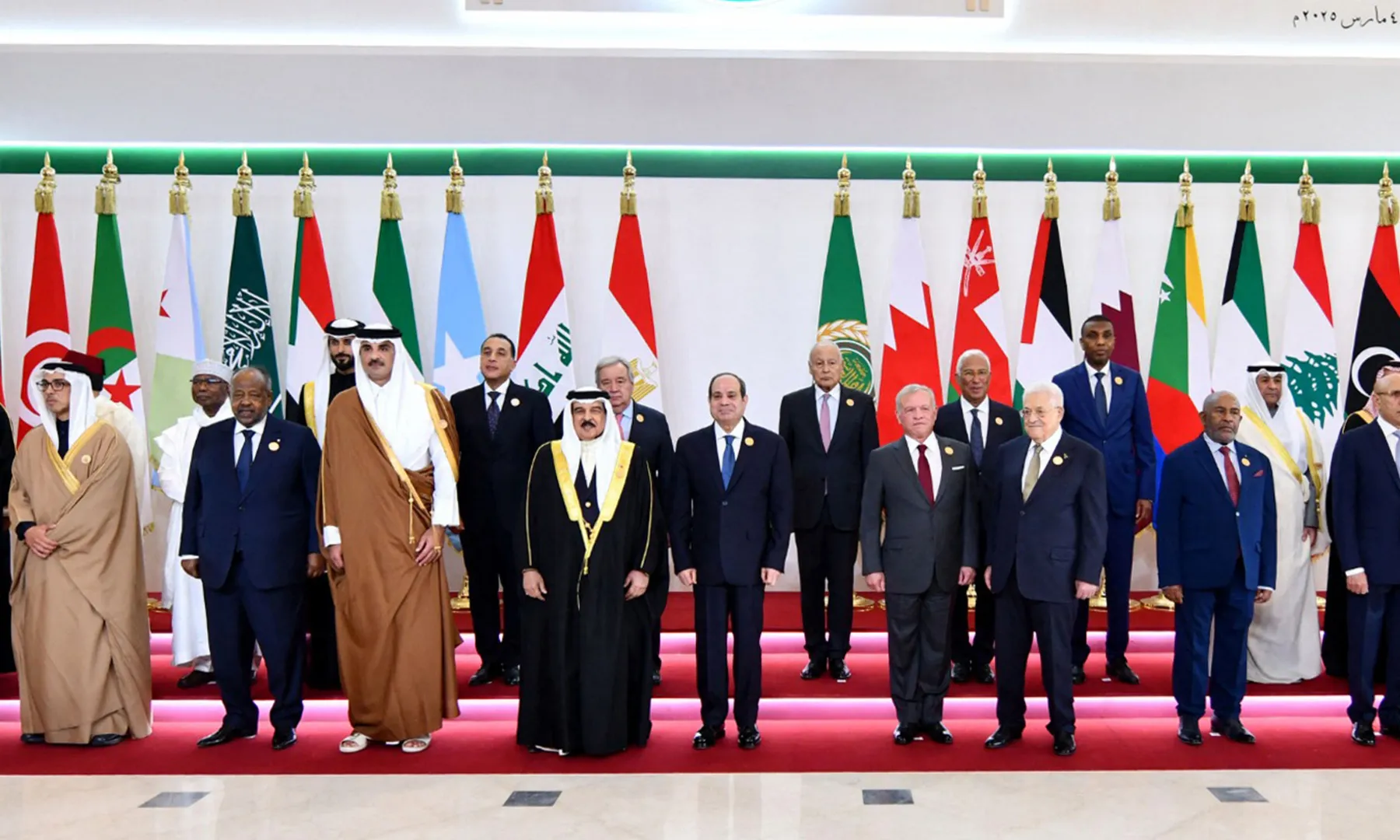Tensions simmered in Anambra as Governor Chukwuma Soludo wielded his authority to allegedly indefinitely suspend Igwe Damian Ezeani, the traditional ruler of Neni in Anaocha local government area.
The suspension stemmed from the monarch’s act of conferring a chieftaincy title on Senator Ifeanyi Ubah, a prominent figure within the All Progressives Congress (APC) slated to challenge Soludo’s governorship in 2025.
The state government, conveyed through the Commissioner for Local Government and Chieftaincy Matters, Hon. Collins Nwabunwanne, justified the suspension by claiming that Igwe Ezeani proceeded with the conferment of the chieftaincy title without official permission.

Reports suggested that Governor Soludo expressed strong disapproval of the traditional ruler’s action in bestowing the title of “Odenjinji,” meaning ‘like a tornado,’ upon Senator Ifeanyi Ubah. The suspension notice emphasized the breach of established protocols and the absence of clearance from the ministry before initiating such a significant honor.
In the official statement addressing Igwe Ezeani, the government cited the violation of the Code of Conduct, irrespective of any potential monetary motives that had been circulating in discussions surrounding the controversial title conferment. The government’s stance primarily centered on the disruption of order and governance protocols.
- Gov Soludo Allegedly Suspends Traditional Ruler Over Chieftaincy Title to Political Opponent
- Tiwa Savage Submits Petition Against Davido Over Alleged Threats, Harassment
- I will defend ICPC cases in court — ICPC Chairman
- Femi Otedola Donates N1 Billion to Lagos State Security Trust Fund
- Customs Seize 139 trailers of rice, Other Contraband Valued at Over N10 Billion in 2023
- Police Warns that ‘No Gree For Anybody’ Slogan Is Intended to Incite Chaos
- Army Chief Condemns Verbal Assault on Lagos Governor, Arrests Soldier Involved
- Investment, Security Tribunal seeks collaboration with Enugu Govt
The suspension, executed under Section 2 (C) of the Anambra State Traditional Rulers (Amendment) Law, 2020, represents Governor Soludo’s exercise of power to suspend the recognition of Igwe Ezeani as the Traditional Ruler of Neni until further notice.
The suspension has stirred debates among residents, with varying opinions emerging regarding the use of gubernatorial power and its intersection with traditional institutions. The governor’s move reflects his commitment to upholding established procedures and preserving the sanctity of traditional titles within the state. However, it has also raised questions about the extent of executive influence over traditional authorities and their prerogatives.
As this development unfolds, it brings into focus the delicate balance between governance and traditional structures in Anambra, warranting discussions on the scope and limits of gubernatorial authority in matters involving traditional institutions.




